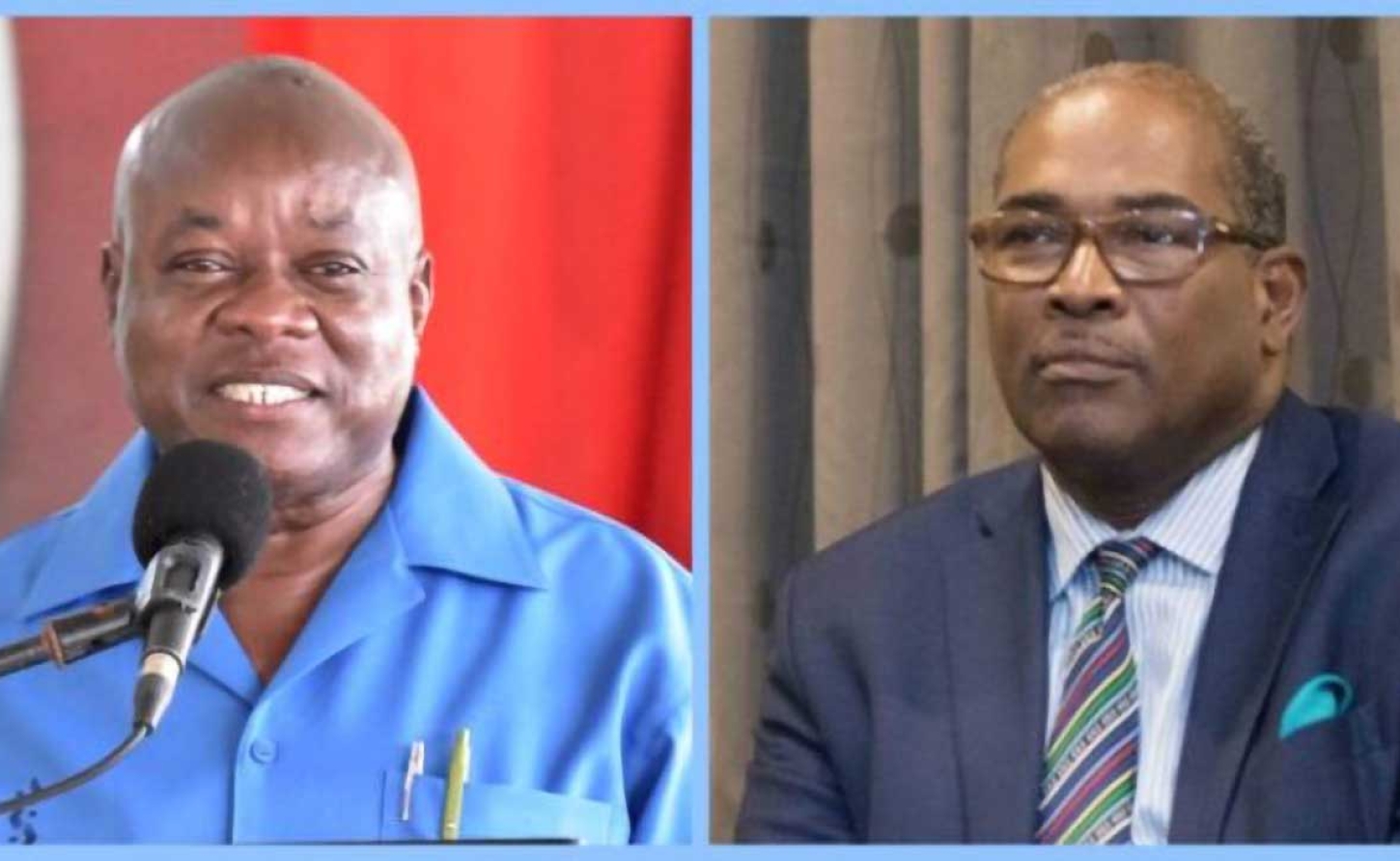GUYANA | Political Impasse: Norton's Iron Grip Threatens Opposition's Electoral Chances

MONTEGO BAY, Jamaica, April 23, 2025 - As Guyana teeters on the brink of national elections, the country's opposition finds itself trapped in a self-inflicted quagmire of ego and obstinance.
Despite the Ali-Jagdeo administration's failure to translate the nation's oil windfall into broad prosperity, the People's National Congress Reform party—once the standard-bearer of opposition politics—appears determined to snatch defeat from the jaws of opportunity.
At the center of this political drama stands Aubrey Norton, PNCR leader, whose bulldozer approach to securing the presidential candidacy has left potential coalition partners cold and party loyalists questioning his judgment.
With all polls suggesting Norton's unpopularity among the wider electorate, his stubborn refusal to step aside threatens to hand victory to the governing People's Progressive Party on a silver platter.
"Absolutely not," declared Alliance for Change presidential hopeful Nigel Hughes in January, when asked about serving under Norton's leadership.
His emphatic rejection underscores the deepening rift between the two opposition forces that once united to defeat the PPP in 2015. "There has to be a clear process for selecting leadership, driven by polls and other criteria. If and when we get there, we will address it."
The breakdown in coalition talks between the PNCR and AFC reveals a fundamental clash of principles—Norton's insistence on being the coalition's presidential candidate versus the AFC's demand for a merit-based selection process.
While Norton plants his flag firmly in presidential territory, Hughes signals his party's readiness to contest elections independently rather than compromise on core values.
Trust issues have further poisoned the negotiating environment. Norton's complaints about media leaks—which he attributes to AFC attempts to "score cheap political points"—have been met with counteraccusations that the information originated from within his own camp, specifically citing "the leadership's close relationship with Demerara Waves."
This atmosphere of suspicion has transformed what should be strategic discussions into exercises in damage control.
Despite these fractious exchanges, both parties maintain a facade of continued engagement, with Norton announcing plans to draft a Memorandum of Understanding as groundwork for fuller coalition talks.
AFC chairman David Patterson has extended a conditional olive branch, stipulating requirements for "mutual respect," abandonment of "personal and party preconditions," and development of a "joint political platform."
The stakes couldn't be higher. Guyana's complex demographic landscape makes coalition-building essential for any opposition hoping to unseat the PPP. The PNCR's traditional support base among Afro-Guyanese, representing approximately 29.3% of the population, falls significantly short of the East Indian demographic (39.8%) that typically backs the PPP. Success hinges on appealing to mixed-race Guyanese (19.9%) and Amerindian communities (10.5%)—a challenge requiring a unifying figure with broad appeal.
Internal PNCR voices increasingly question whether Norton possesses such crossover potential. "Unless the PNCR can clean up its leadership issues and effectively market its message to Guyana's mixed-race population, winning the next elections seems an improbable task," confided one senior party supporter, speaking on condition of anonymity.
Norton's leadership style, described by critics as divisive and autocratic, has done little to reassure skeptics. As one prominent journalist observed,
"Norton seems content with remaining a permanent Leader of the Opposition as his attitude will not allow him to step down in the interest of the party or the nation he claims to serve."
With the party congress approaching and leadership elections on the horizon, Norton's iron-fisted control remains evident. Reports indicate he has yet to share the official voters list with his challengers—a tactical maneuver that "may yet blow up in his face," according to observers.
As the election clock ticks down, the question haunting opposition supporters grows louder: will the PNCR's leadership recognize that sometimes victory requires stepping aside, or will personal ambition trump the collective goal of offering Guyanese voters a viable alternative to the current administration? The answer may determine not just the party's fate, but the nation's trajectory in this critical oil-rich era.
-30-
